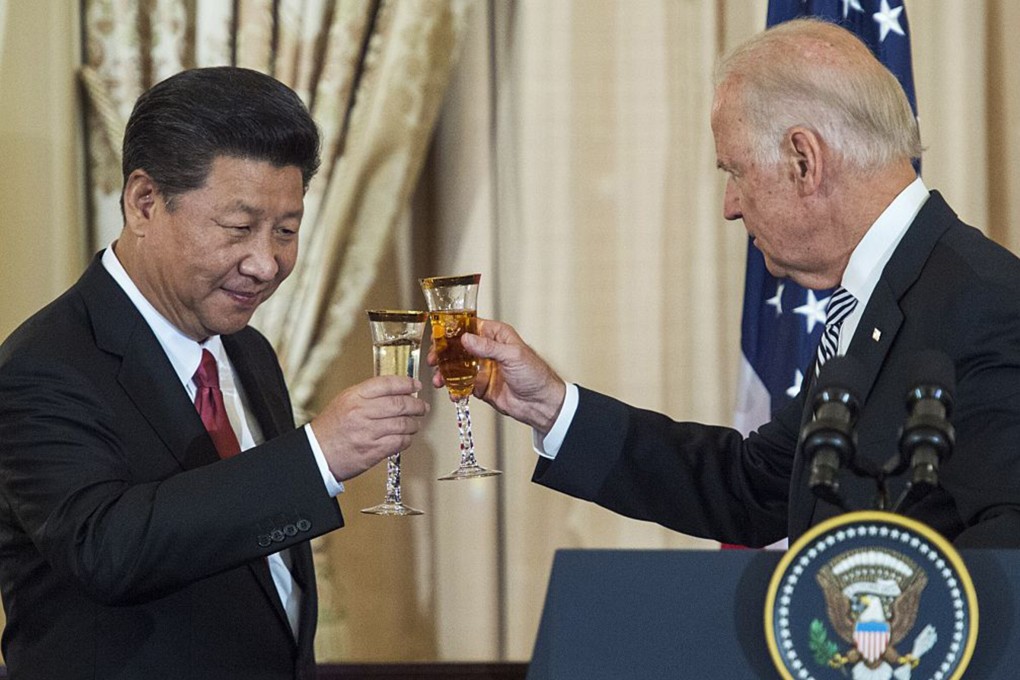Advertisement
US-China relations: Meng Wanzhou’s return clears one roadblock to a reset
- Release of Huawei boss tops the list of recent goodwill gestures from the Biden White House in response to Beijing’s list of demands
- China may now be more open to visits by the US commerce and climate chiefs, and even consider a virtual Xi-Biden summit at the G20 in October, analysts say
Reading Time:4 minutes
Why you can trust SCMP
36

China would be more amenable to a summit with the United States and a potential visit by the US commerce secretary, Chinese analysts said, as the Biden administration works through Beijing’s list of demands – including dropping the extradition request for Meng Wanzhou.
The release of the Huawei Technologies chief financial officer last week was the highlight of latest signs of goodwill from Washington that have raised expectations for the possibility of virtual talks between presidents Joe Biden and Xi Jinping on the sidelines of the G20 summit next month.
Meng, held in Vancouver since December 2018 at the request of the US – in a move that also sent China-Canada relations into a nosedive – flew back to Shenzhen on Saturday to a hero’s welcome.

03:53
Chinese netizens swoon over hero’s return and husband’s greeting for Huawei’s Meng Wanzhou
Chinese netizens swoon over hero’s return and husband’s greeting for Huawei’s Meng Wanzhou
Other conciliatory US gestures have included the dropping of visa fraud charges against Chinese researchers and the resumption of US visas for Chinese students after a pandemic-related lull. Analysts said China might respond with more official talks and potentially climate-related actions.
Advertisement
Indeed, US Commerce Secretary Gina Raimondo said last week that she hoped to lead American business delegations to China, and special climate envoy John Kerry voiced hopes of making a third visit to the country this year.

02:47
US ‘not seeking a new cold war’, Biden says in first UN address
US ‘not seeking a new cold war’, Biden says in first UN address
The American moves follow Beijing’s issuance of a list of wrongdoings and another of key concerns to US deputy secretary of state Wendy Sherman, when she visited Tianjin in July for meetings with senior Chinese diplomats. Addressing those issues were a prerequisite to course correction in the rocky bilateral relationship, China had said.
Advertisement
Advertisement
Select Voice
Select Speed
1.00x